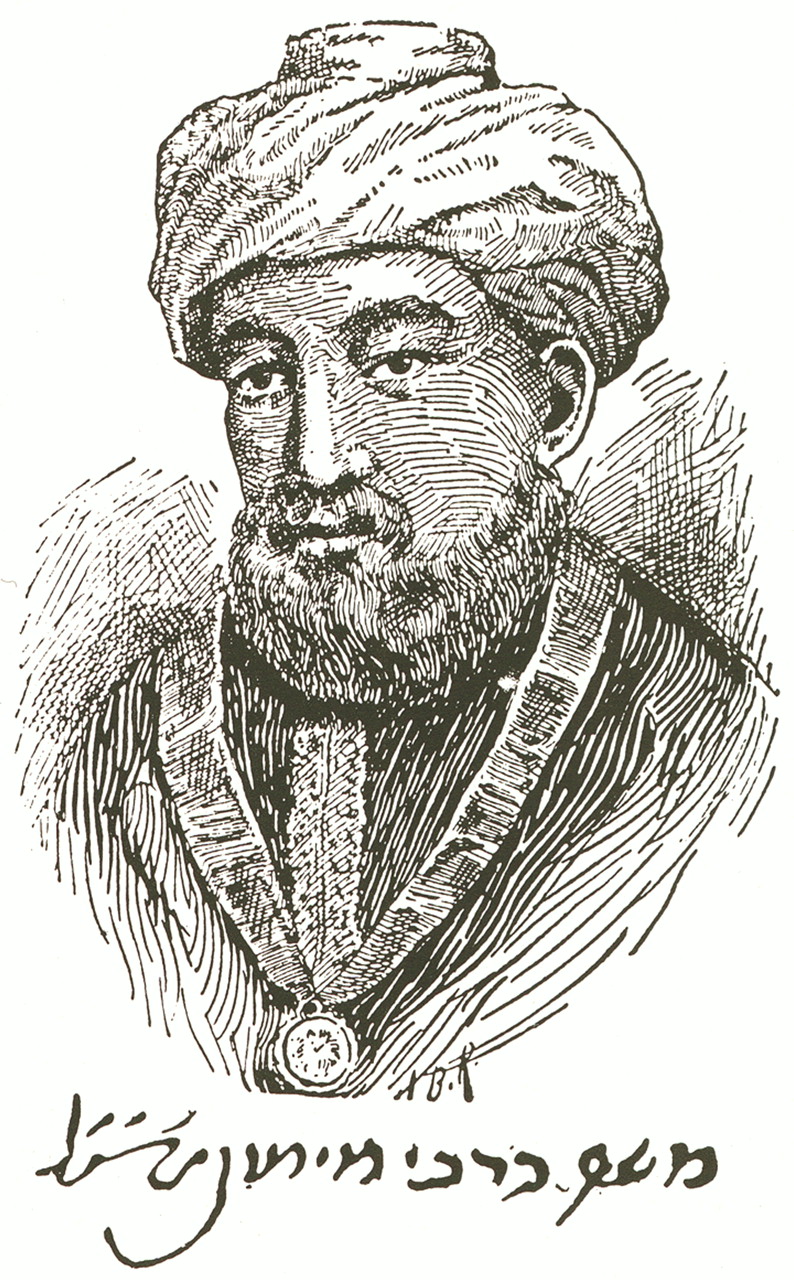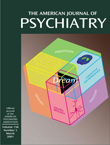Maimonides, 1135–1204
When a man with a powerful frame, a sonorous voice, and a radiant complexion hears sudden news that greatly afflicts him, one can see his face turning pale, the glow dimming, the body hunching, the voice faltering, and when he tries with all his might to raise his voice, he is unable to do so, his strength is weakened. Indeed, he often trembles with feebleness, his pulse slows down, his eyes move back in their sockets. His eyelids grow so heavy that he cannot move them, his body becomes cold, and his appetite vanishes. (1, pp. 127–128)

Footnote
References
Information & Authors
Information
Published In
History
Authors
Metrics & Citations
Metrics
Citations
Export Citations
If you have the appropriate software installed, you can download article citation data to the citation manager of your choice. Simply select your manager software from the list below and click Download.
For more information or tips please see 'Downloading to a citation manager' in the Help menu.
There are no citations for this item
View Options
View options
PDF/ePub
View PDF/ePubGet Access
Login options
Already a subscriber? Access your subscription through your login credentials or your institution for full access to this article.
Personal login Institutional Login Open Athens loginNot a subscriber?
PsychiatryOnline subscription options offer access to the DSM-5-TR® library, books, journals, CME, and patient resources. This all-in-one virtual library provides psychiatrists and mental health professionals with key resources for diagnosis, treatment, research, and professional development.
Need more help? PsychiatryOnline Customer Service may be reached by emailing [email protected] or by calling 800-368-5777 (in the U.S.) or 703-907-7322 (outside the U.S.).

